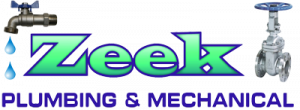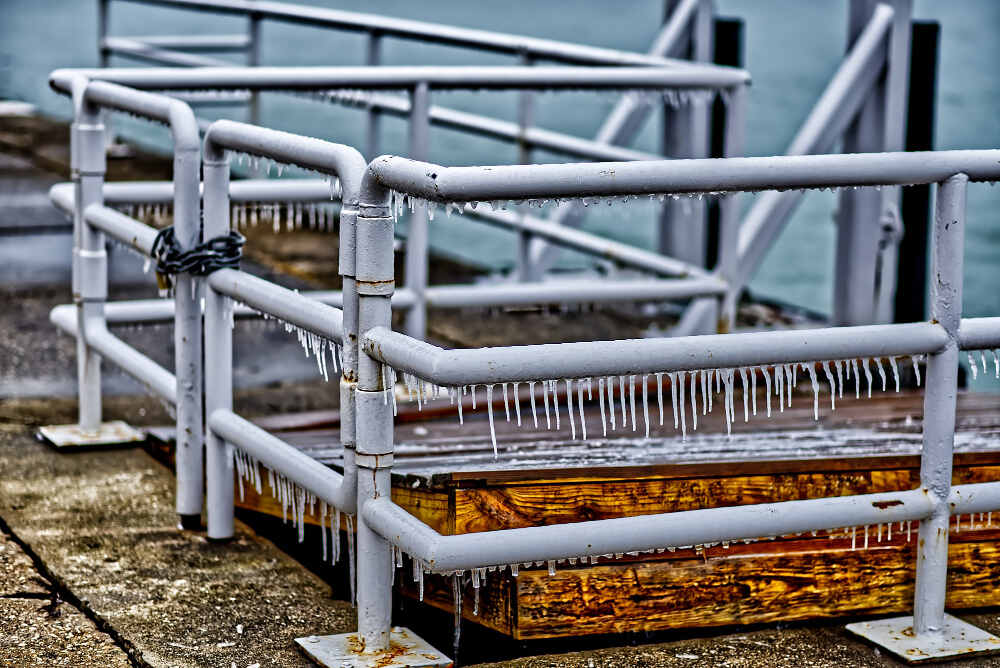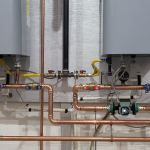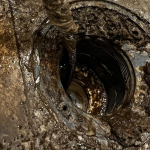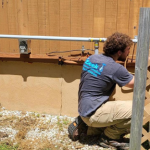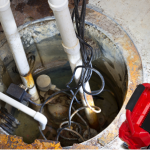Winter can be tough on your plumbing system. Even if you didn’t experience a frozen pipe or burst line, the cold months can quietly take a toll. As the weather warms up, spring is the perfect time to give your plumbing a look over and catch any issues before they become costly repairs. Here’s a checklist to get your home plumbing ready for the season ahead.
1. Inspect for Signs of Frozen Pipes
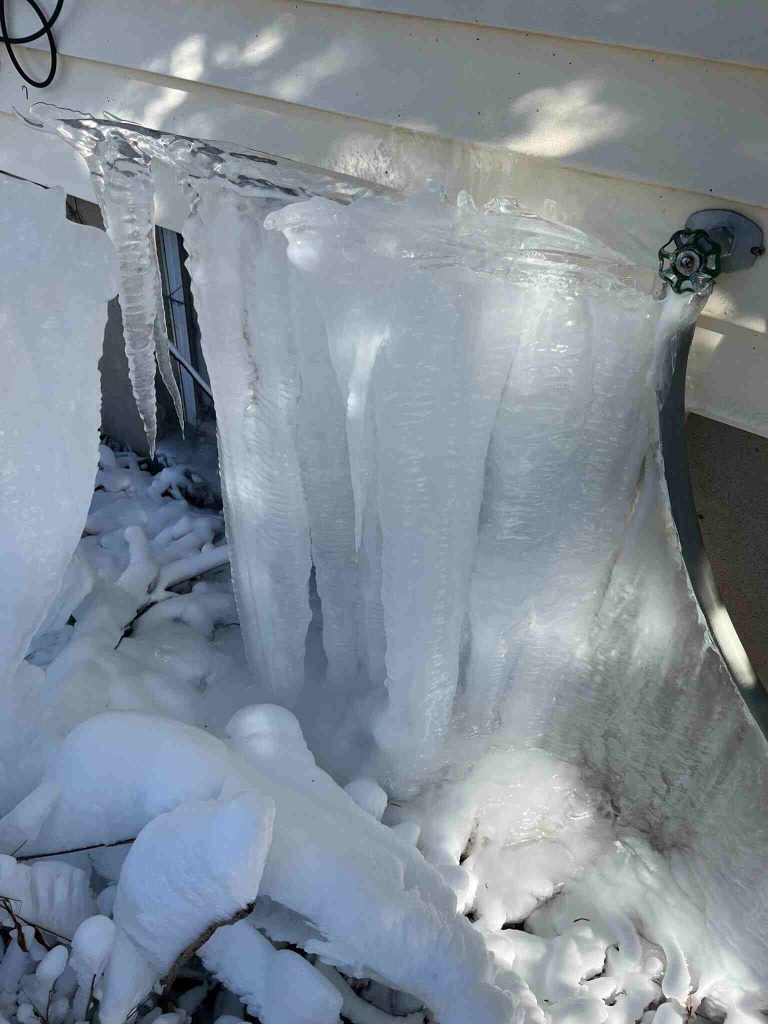
Even if nothing burst, frozen pipes may have cracked or weakened. Look for:
- Bulging pipes (Water expands when it freezes and can cause piping to enlarge)
- Rust or corrosion
- Damp spots or unusual odors
Check crawl spaces, basements, and any exposed piping for signs of stress or leaks.
2. Check Outdoor Faucets and Hose Bibs
This is a common trouble spot after winter. Turn your hose bibs on and:
- Make sure water flows freely
- Watch for leaks inside the home near where the water line exits the foundation
- Check for low pressure, which could mean a cracked pipe
Pro tip: Replace standard hose bibs with frost-free models for extra protection.
3. Test Your Sump Pump
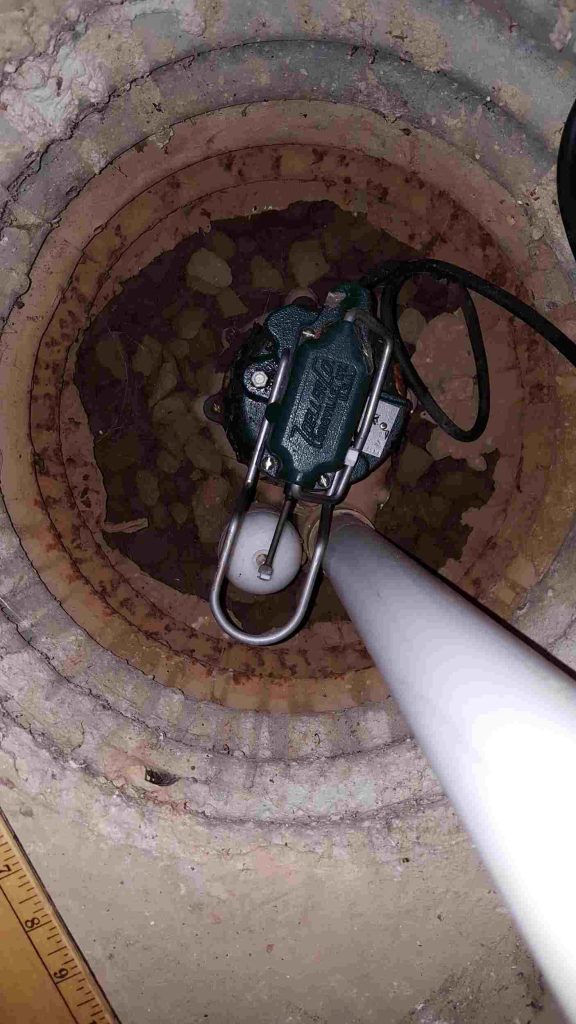
Spring often means rain, and a flooded basement is the last thing you want. Ensuring your sump pump is working properly prior to the rain season will prevent potential water damage.
To test your sump pump:
Pour a bucket of water into the sump pit. The pump should kick on and drain the water. If it doesn’t, have it repaired or replaced before the rainy season begins. Check that there is power to the sump pump, as it could be an electrical issue, not a plumbing problem.
4. Clean and Reconnect Outdoor Hoses
Inspect hoses for cracks and check that the connections are still sealed properly. Also:
- Flush the hose out before using it for watering plants
- Replace damaged hoses
5. Inspect Your Water Heater
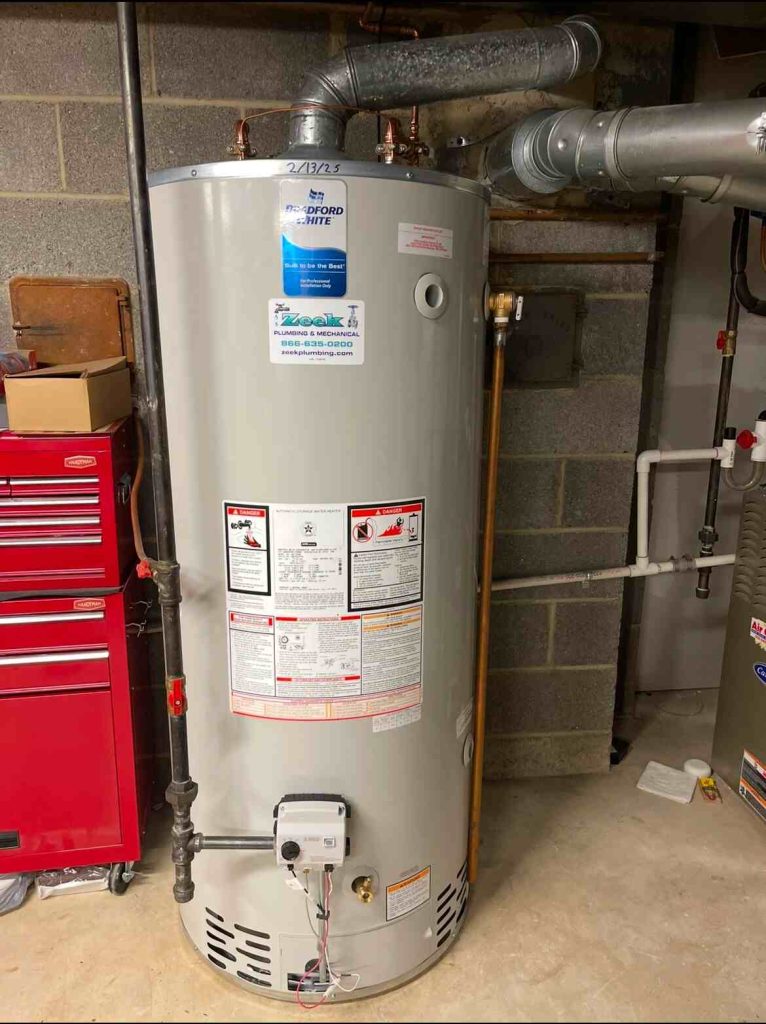
Cold weather works your heating system and water heater harder than warm weather as they need to maintain temperatures. Spring is a good time to check your hot water systems for any issues.
- Check the water heater for rust or leaks
- Service and clean your heating system (Can be done in Fall prior to Winter as well)
- Set water temperatures within the NJ Plumbing codes recommendation of 120 to 140 degrees. Water set below 120 degrees allows for the growth of bacteria, and above 140 degrees can scald or burn you during use.
Final Thought
Spring cleaning shouldn’t stop at your closets, your plumbing needs attention too! A little preventative maintenance now can save you big headaches (and repair bills) later.
Want a pro to handle your spring plumbing checkup? Give Zeek Plumbing a call at (866)-635-0200 or use our book online feature, and we’ll make sure everything works as intended!
Ryan has been a part of the Zeek Plumbing team since 2019, and has lived in Randolph, NJ his entire life.
He takes pride in taking care of the towns, the families, and the areas he grew up in!
Ryan has been the Treasurer and is currently on the Membership committee of a local BNI Chapter based out of Morris County, NJ in the networking group, BNI Main Street.
